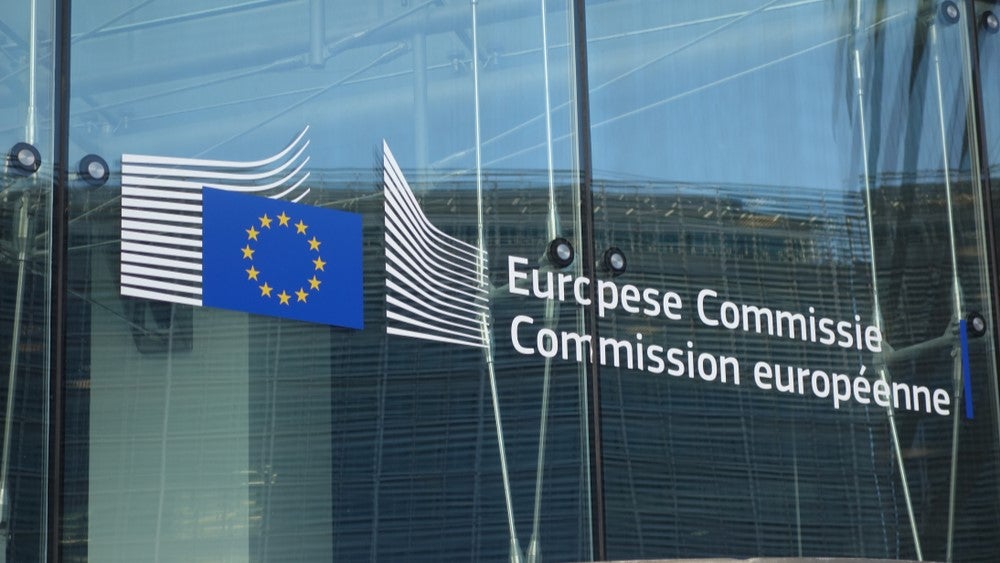The European Commission has granted marketing authorisation to EirGenix’s Herceptin (trastuzumab) biosimilar for marketing in the European Union.
The biosimilar has been approved as a treatment for human epidermal growth factor receptor 2 positive (HER2-positive) breast cancer and metastatic gastric cancers, as per a 22 November press release.
Herceptin is a monoclonal antibody that binds to HER2 receptors, thereby priming these receptors for immune system targeting. The drug generated SFr1.26bn ($1.4bn) in year-to-date (YTD) sales in September, as per Roche’s Q3 financials.
Sandoz is responsible for the worldwide commercialisation of EirGenix’s Herceptin biosimilar, except in Taiwan, China, Russia, and some Asian countries, based on the 22 November press release. Meanwhile, EirGenix holds the developmental, commercialisation and manufacturing rights for the biosimilar in countries not covered by Sandoz.
In September, EirGenix’s Herceptin biosimilar received a positive recommendation from the Committee for Medicinal Products for Human Use (CHMP) of the European Medicines Agency (EMA). The EU approval and positive recommendation were based on the results from Phase I and Phase III trials.
This included an 807-patient Phase III trial (NCT03433313) where subjects either received the biosimilar or Herceptin in combination with the chemotherapy drug, paclitaxel. The study demonstrated that the biosimilar was non-inferior to the reference biologic.
Other Herceptin biosimilars currently on the market include Amgen and Allergan’s Kanjinti. The biosimilar was approved by the US Food and Drug Administration (FDA) in 2019. The drug generated $20m in total sales in Q3, as per Amgen’s Q3 financials. Herceptin biosimilars currently in development include Aurobindo Pharma’s BP02. The Phase III trial (CR201-18) met its primary endpoint by demonstrating non-inferiority to Herceptin.
EirGenix is also developing a biosimilar of Roche’s Perjeta (pertuzumab), a drug that is approved as an adjuvant therapy for HER2-positive early breast cancer in combination with Herceptin and chemotherapy. The Taiwanese company is planning a Phase III trial for the biosimilar, as per an 8 May press release.
In September, Sandoz received European approval for Tyruko (natalizumab), a biosimilar of Biogen’s Tysabri. Tyriko was approved for Chron’s disease and all multiple sclerosis (MS)-related settings, including relapsing-remitting MS, clinically isolated syndrome (CIS), and active secondary progressive disease.









